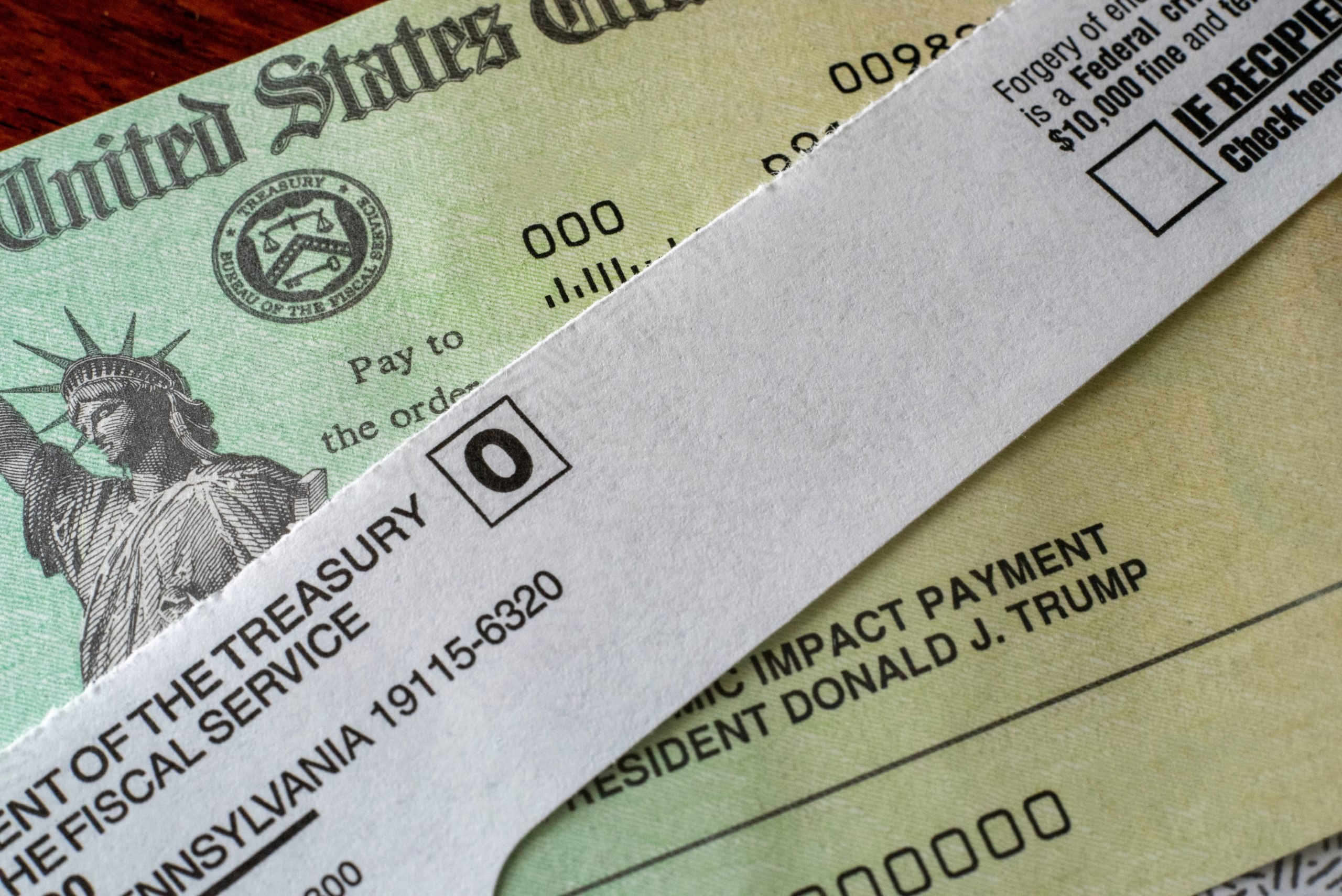
If you receive a text claiming you are eligible for a $1,400 stimulus check, don't click any links – this is a scam. The IRS has not sent text messages about stimulus payments, and the scammers are pretending to be the agency to steal personal and financial information, according to a warning from Better Business Bureau (BBB). These scams were recently issued by the IRS to taxpayers who did not require full stimulus checks during the pandemic. The agency announced in December that it would distribute $2.4 million in payments to qualified recipients, but those payments are automatically notified by the IRS by email, rather than texting or emailing. How scam worksvictims receive a text message claiming they qualify for $1,400 in economic impact payments must provide personal information to receive this money through direct deposit or check. The message includes a fake link that mimics the IRS website. Clicking a link can lead to malware or fraudulent forms asking for sensitive data such as social security numbers and bank account details. The IRS will not contact taxpayers via text, email or social media, and any such messages should be ignored and reported. . Avoid clicking on links: If you receive unsolicited messages about stimulus payments, go directly to IRS.GOV instead of clicking any links. Be wary of urgency: The liar tries to create a sense of urgency that will make you act quickly. Please always verify the claim before providing any information. Report suspicious messages: forward the text to (email protected) and report it to BBB.org/scamtracker.like the following: Like loading… Discover more information from Baller AlertSubscribe for more posts to send the latest posts to your email.
Source link


